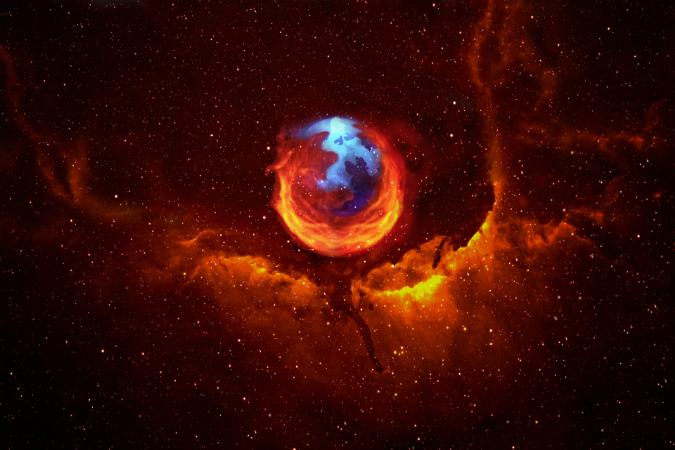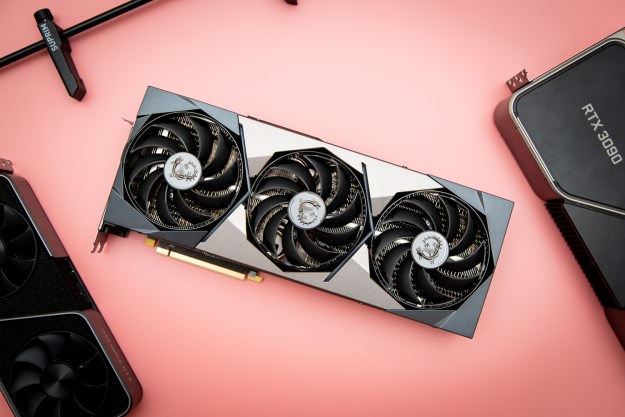
Are you a Windows 8/8.1 user doing your very best to make use of Redmond’s tile-based UI, but find yourself going back to the desktop interface to use Mozilla Firefox? Well, if you happen to be a devotee of the open-source browser, and you’ve been pining for a tile-based version, you’ll have to wait just a little while longer for the app’s release, as it’s been delayed once again.
The Firefox app for Windows 8 was first announced back in February of 2012, months before Windows 8 was even officially released later that year. Initially, Firefox for Windows 8 was set for release on December 10, along with Firefox 26. Mozilla eventually shoved the release back to January 21, a few weeks from now, and was to be paired with the release of Firefox 27.
Now, however, the Firefox MozillaWiki page indicates a March 18, 2014, release date underneath the section on the page labeled “Aurora Summary.” The app, should its release date remain unchanged, will be paired with the release of Firefox 28.
If you’re really curious about what the Windows 8 app version of Firefox will look like once its released, you can download the Aurora version here. Aurora is a development stage that’s one step behind beta, according to this page, so expect to run into bugs and other quirks should you choose to give it a whirl. It’ll be interesting to see whether the new March 18 release date for the Firefox app will hold. In the interim, you’ll just have to stick to the Internet Explorer app if you want to browse the web while using Windows 8/8.1’s tile-based UI.
What do you think? Sound off in the comments below.


